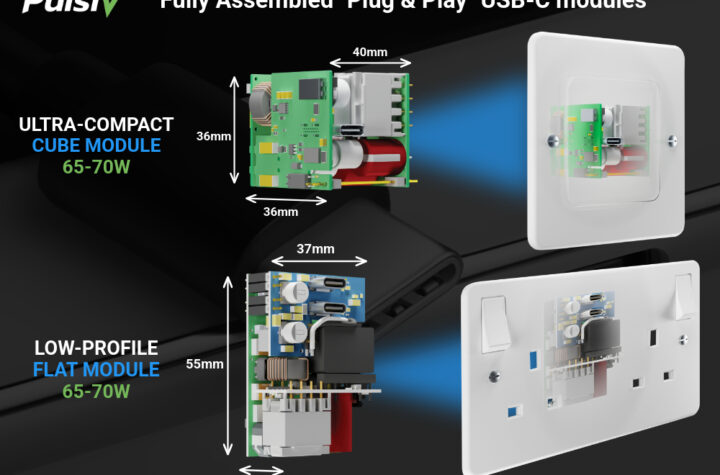
A new university-based center of excellence in Britain will help accelerate product development for the automotive industry.
The Constellium University Technology Center (UTC) at Brunel University London is an industry first that is capable of producing full-size prototype extrusions and fabricated components. It will help shorten development times.
The importance of being innovative and close to its customers is a driving force within Constellium. And for the company’s automotive business, it is a strategy that is literally breaking new ground at the Brunel University London campus. The UTC is dedicated to the design, development and prototyping of aluminum alloys and automotive structural components.
Featuring industrial-size aluminum casting and extrusion equipment in the first phase, the Constellium UTC will provide a rapid prototyping capability that will reduce development times by 50% for advanced aluminum alloys required for the continued lightweighting of automotive structural components.
The new alloy and process technologies will then be transferred to Constellium’s extrusion and automotive structures plants worldwide, thereby closing the gap between fundamental R&D and series production.
“As the leading Tier 1 supplier of aluminum structural components to the automotive market, and a leader in innovation in our industry, we are excited about the advantages Constellium’s University Technology Center will offer to automakers,” stated Paul Warton, President of Constellium’s Automotive Structures and Industry business unit. “A one-of-a-kind center of excellence, the Constellium UTC will allow us to prototype alloys and components on full-scale equipment with unprecedented speed.”
In partnership with Brunel, Constellium will develop the scientists and engineers of the future through a fellowship program for PhD students and post-doctoral fellows. A dedicated team of 15 Constellium researchers, engineers and technicians will apply the latest breakthroughs in material science research to practical solutions for future vehicle programs.
With its new, stronger alloy portfolio, Constellium is able to design, develop and deliver lightweight, high-strength aluminum automotive structures and crash management systems to help automakers improve fuel economy and reduce CO2 emissions in order to meet more stringent regulations. These new developments, based on 6000-series alloys, also improve recyclability through their compositional compatibility with presently used alloy grades.
New designs, new opportunities
Along with the new alloys, the Constellium University Technology Center will create new die design concepts to optimize profile shape control and thermo-mechanical processing routes for improved alloy performance while further devising new and efficient billet casting technologies. “Brunel University London is developing a process called Melt Conditioning, which acts on the liquid metal and can give the cast billet a finer microstructure,” explains Martin Jarrett, the Constellium Director of the UTC. “It means we could tolerate a higher level of impurities such as iron in the aluminum. In turn that means we could utilize more end of life scrap, while also optimizing homogenization cycles and thereby reducing our energy use.”
Construction work has started on the second phase, which is the AMPC (Advanced Metal Processing Center) situated literally next door to the casting center. Due for completion in 2017, the center will expand the Constellium UTC’s capability to fabricate and test aluminum automotive structural components, providing a fully integrated rapid prototyping capability from alloy development to full component manufacture in a single location.
A source of new talent
The UTC is not just about technology and equipment, it is also about people. Constellium has the clear intention to recruit the PhD students and post-doctoral fellows it is sponsoring. “It is important that we bring in people who ultimately want to join the business,” says Jarrett. “I think the UTC offers engineering and material science graduates a rather unique learning opportunity, as they will be working on process and product development from casting through to fully finished components using state-of-the-art techniques. In the extrusion industry, this is a first.”
Maintaining close links between Constellium’s R&D activities and the UTC is also a key part of the equation. “We are looking at new ways of approaching innovation and aluminum product development for the automotive industry by bringing together experts from Constellium, our partners, our customers and our research fellows”, says Emmanuel Beslin, Research Manager at Constellium.
The unique combination of people and equipment at its University Technology Center will allow Constellium to speed up idea generation and provide new solutions.












More Stories
What to Do After a Motorcycle Accident to Protect Yourself
Injured in a Motorcycle Crash? Talk to an Attorney Now
Danisense launches ‘Online Calibration Portal’ to offer brand agnostic calibration services for current transducers and smoothen the whole process